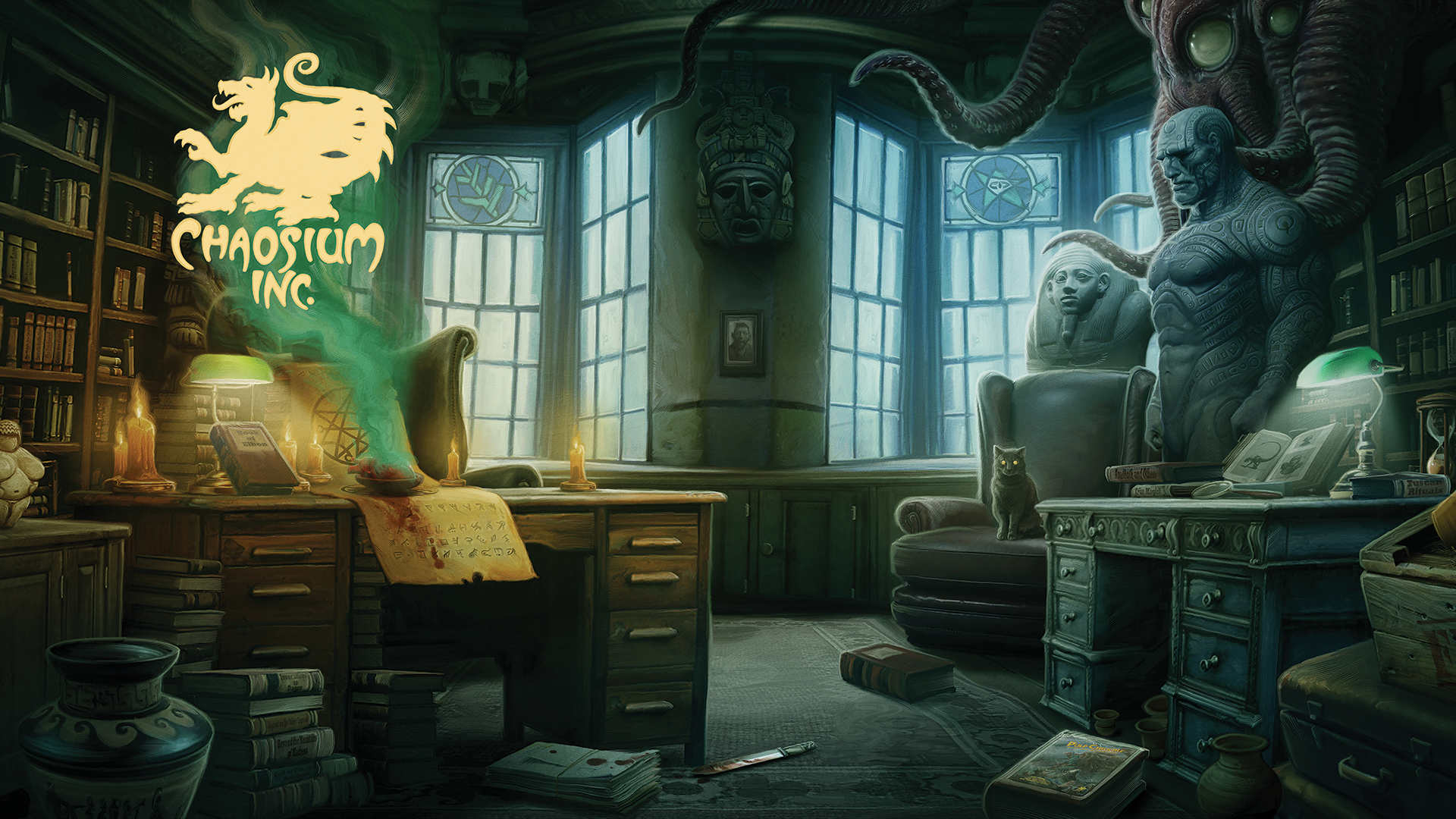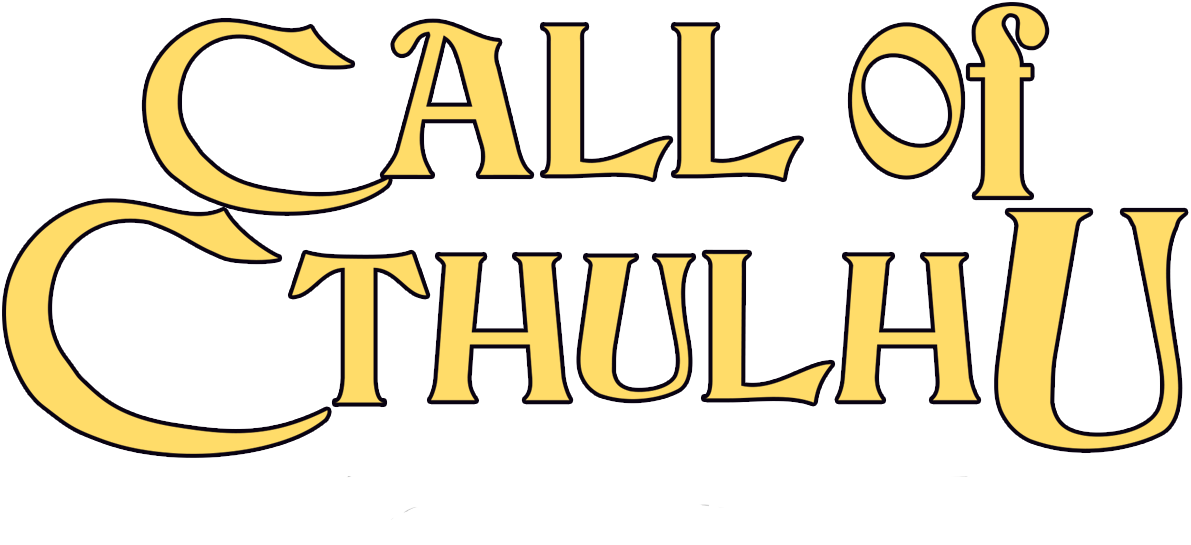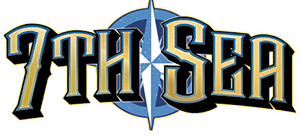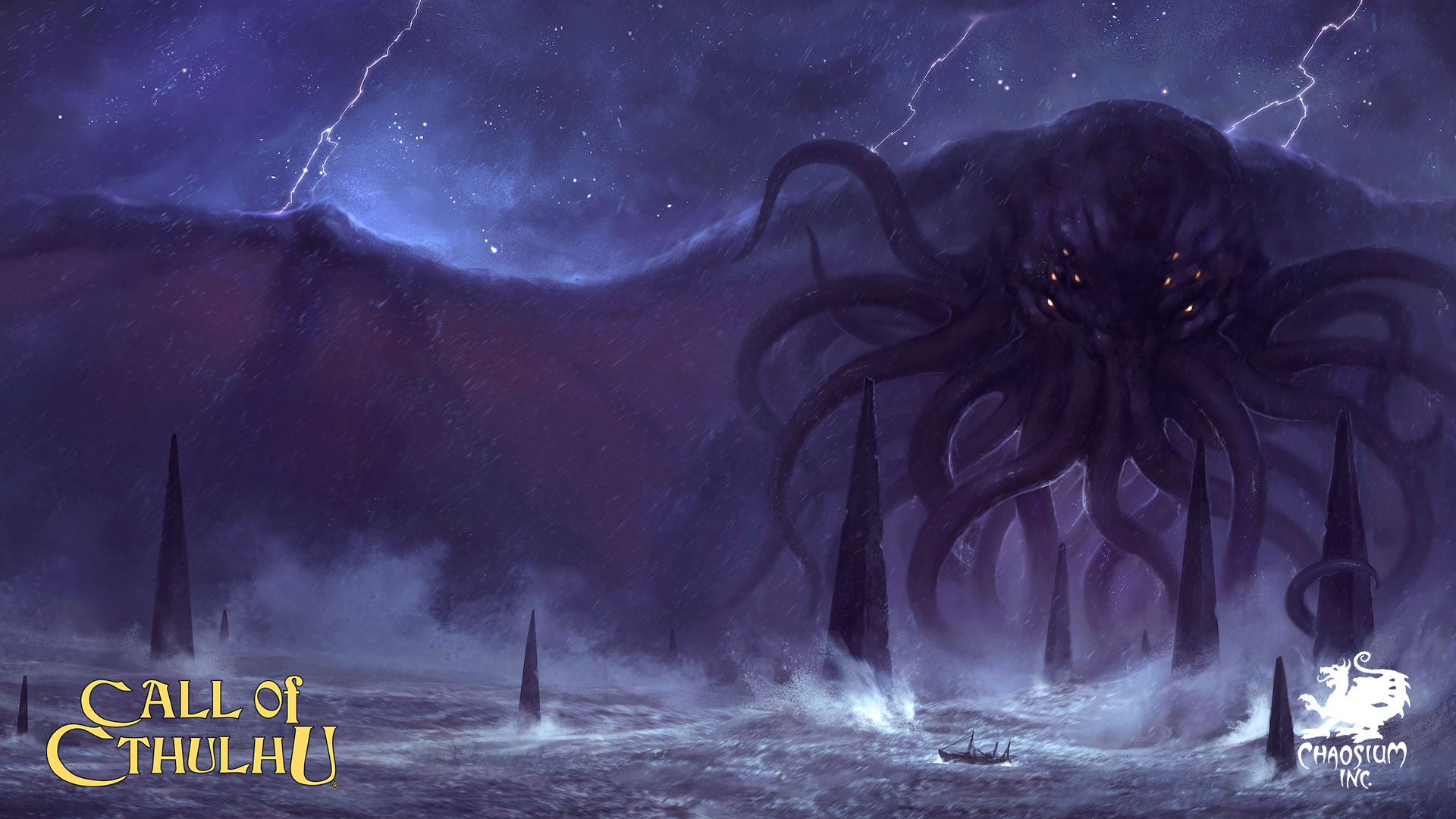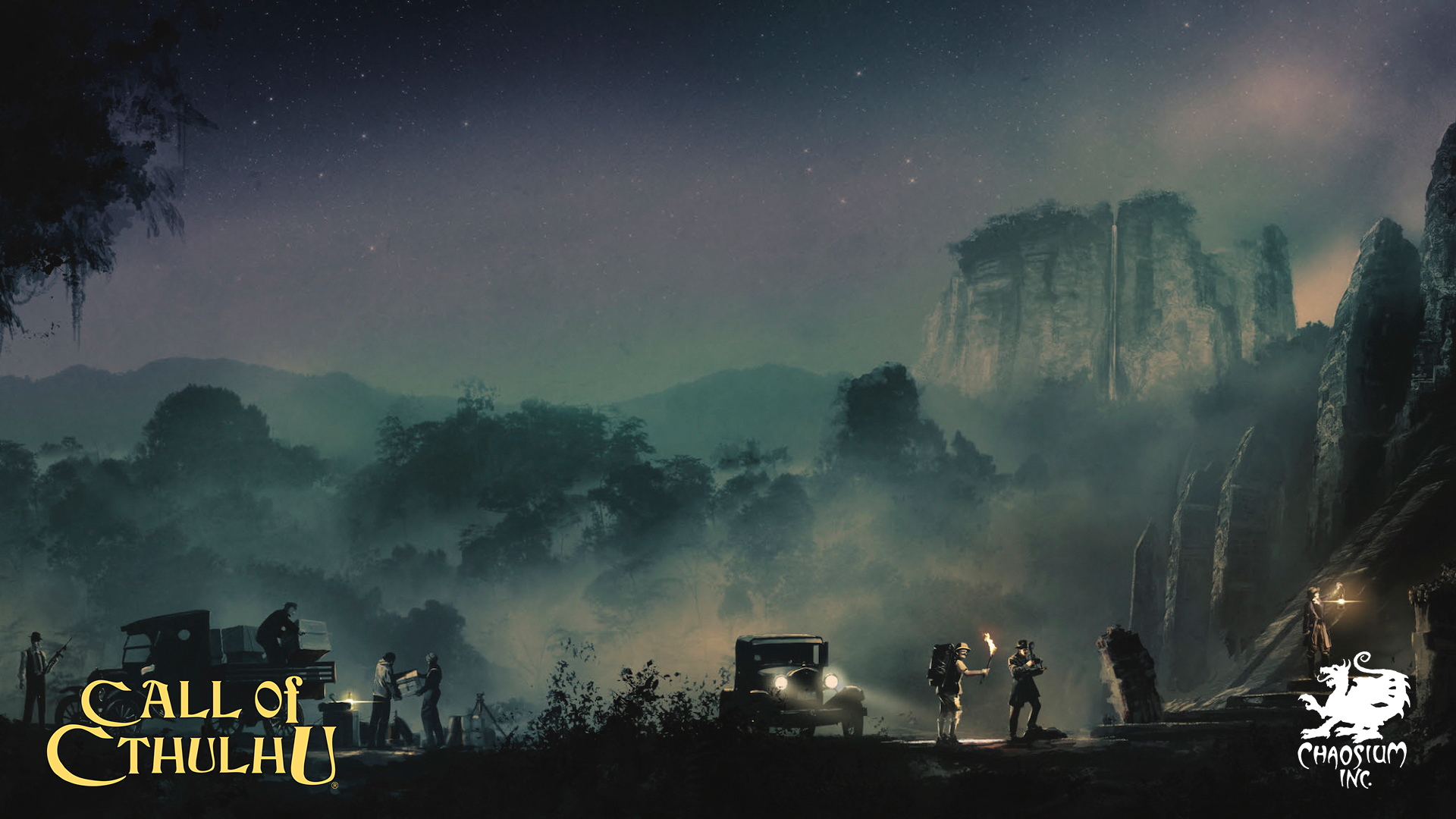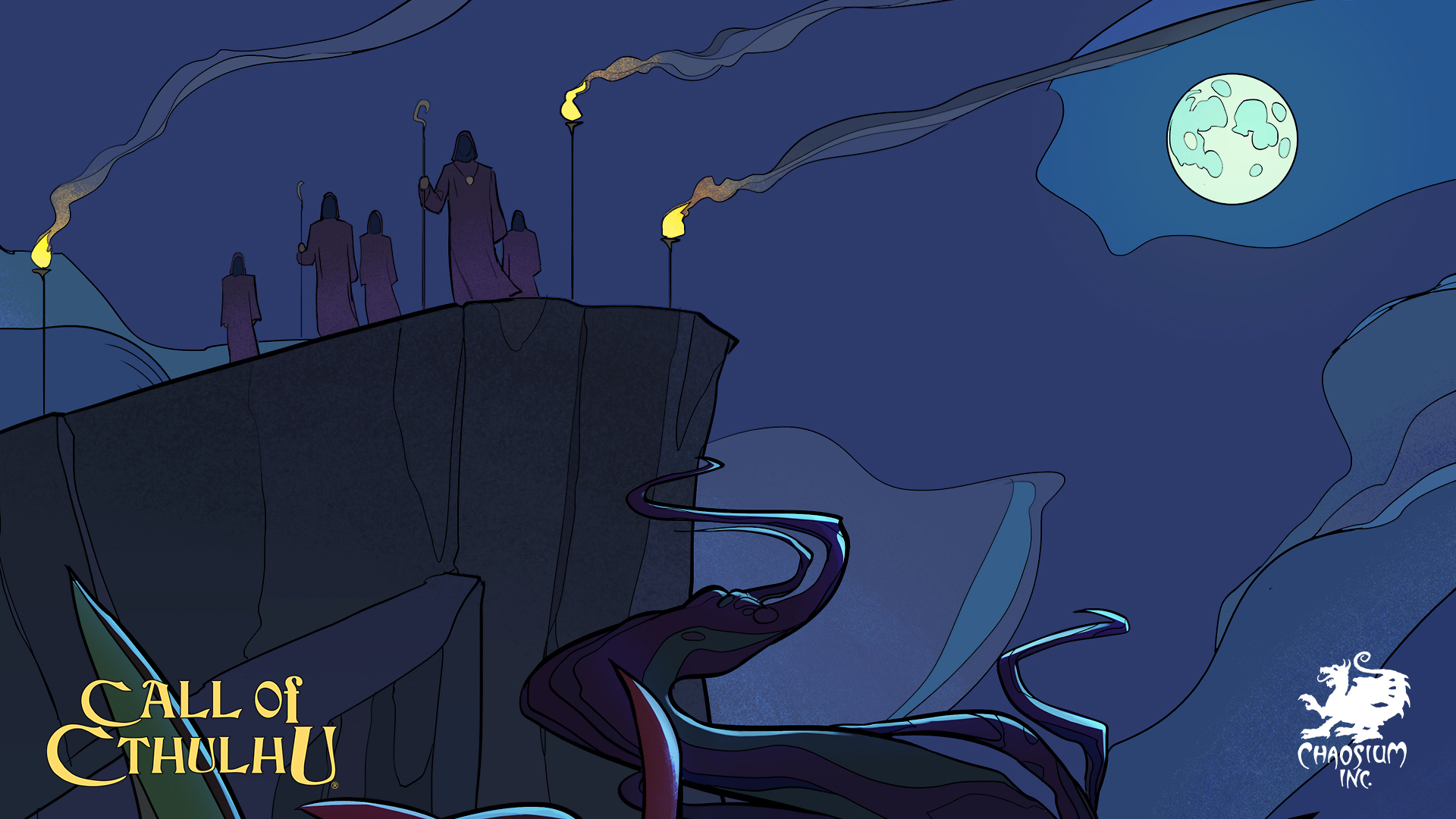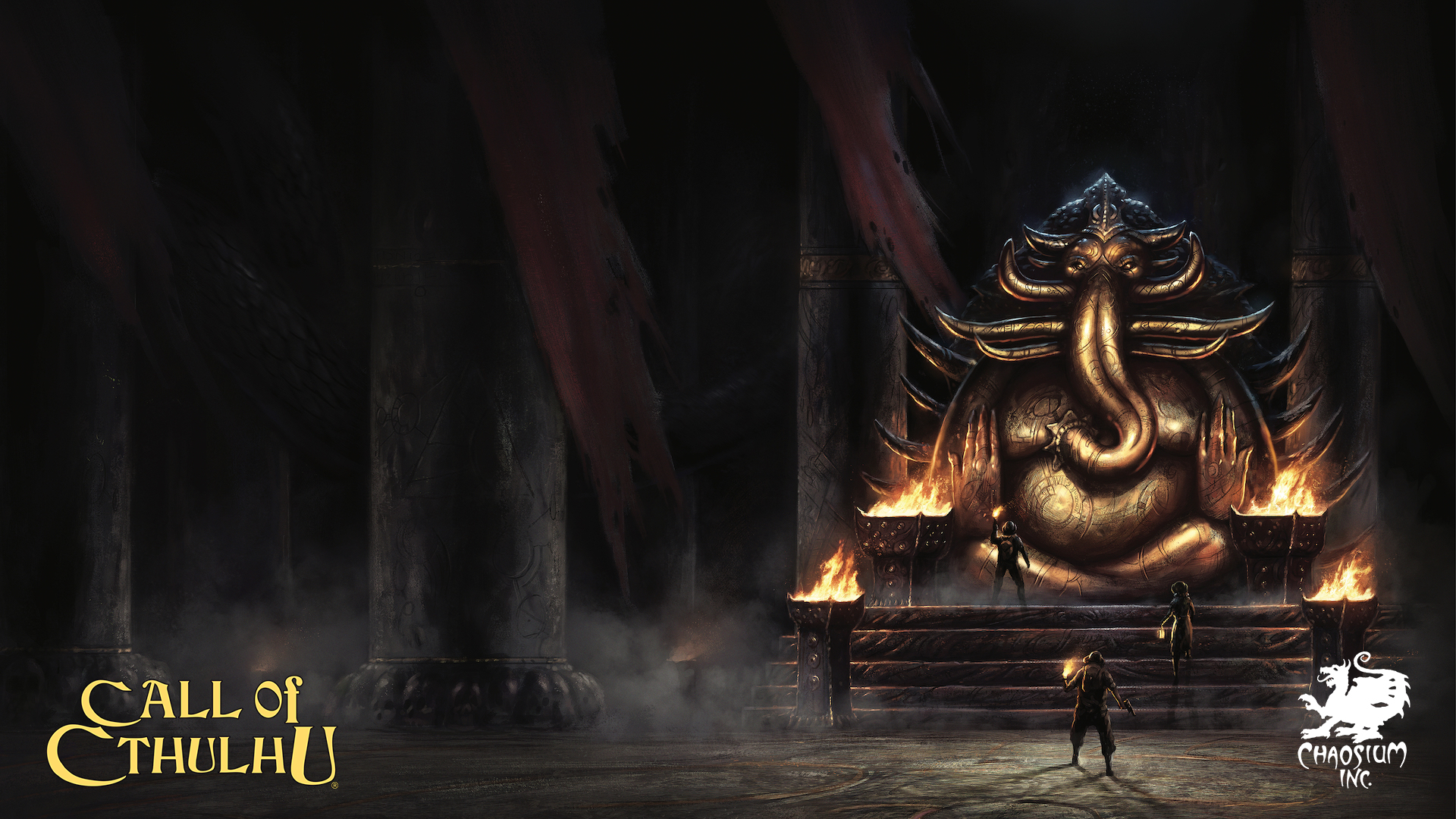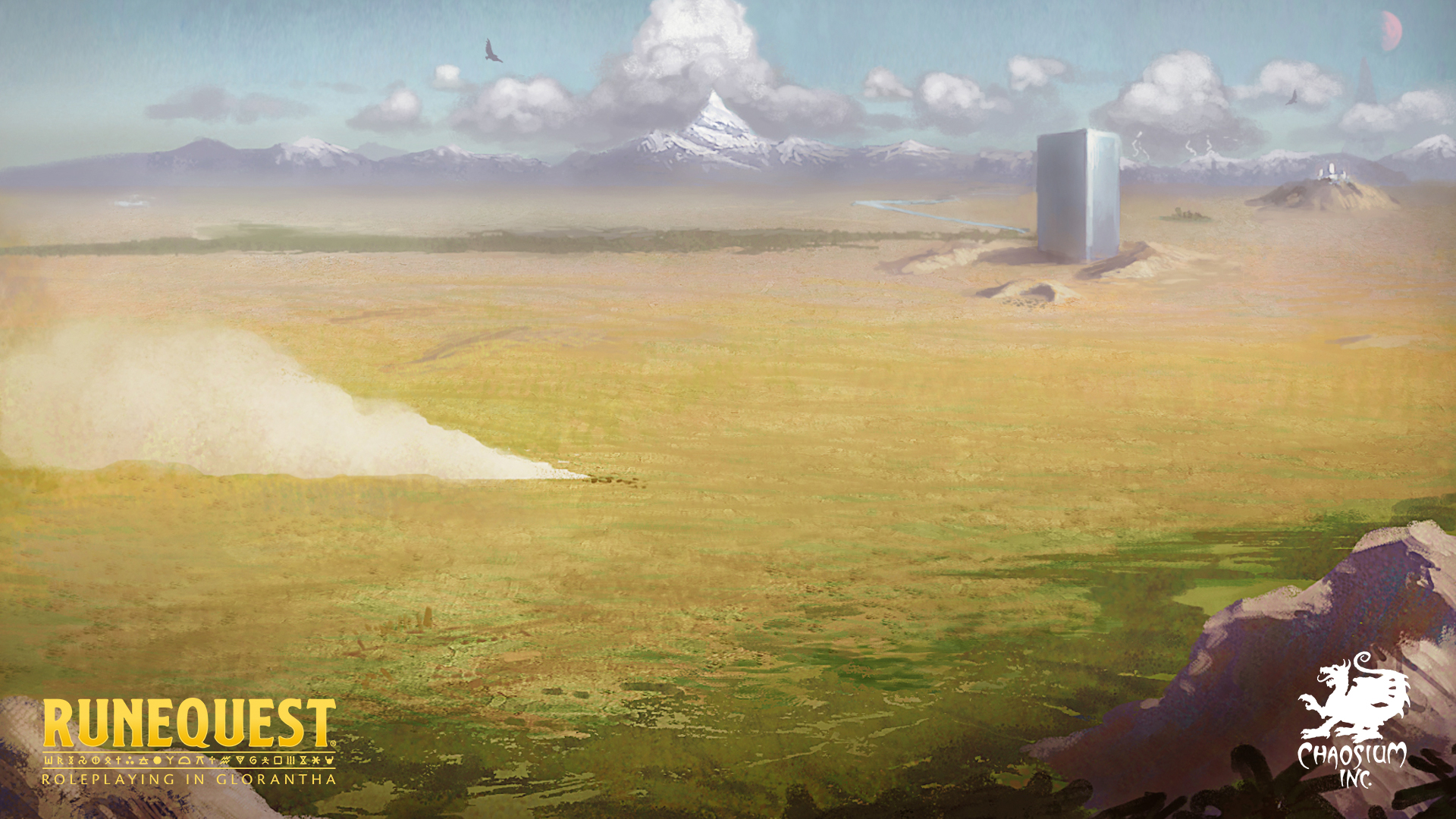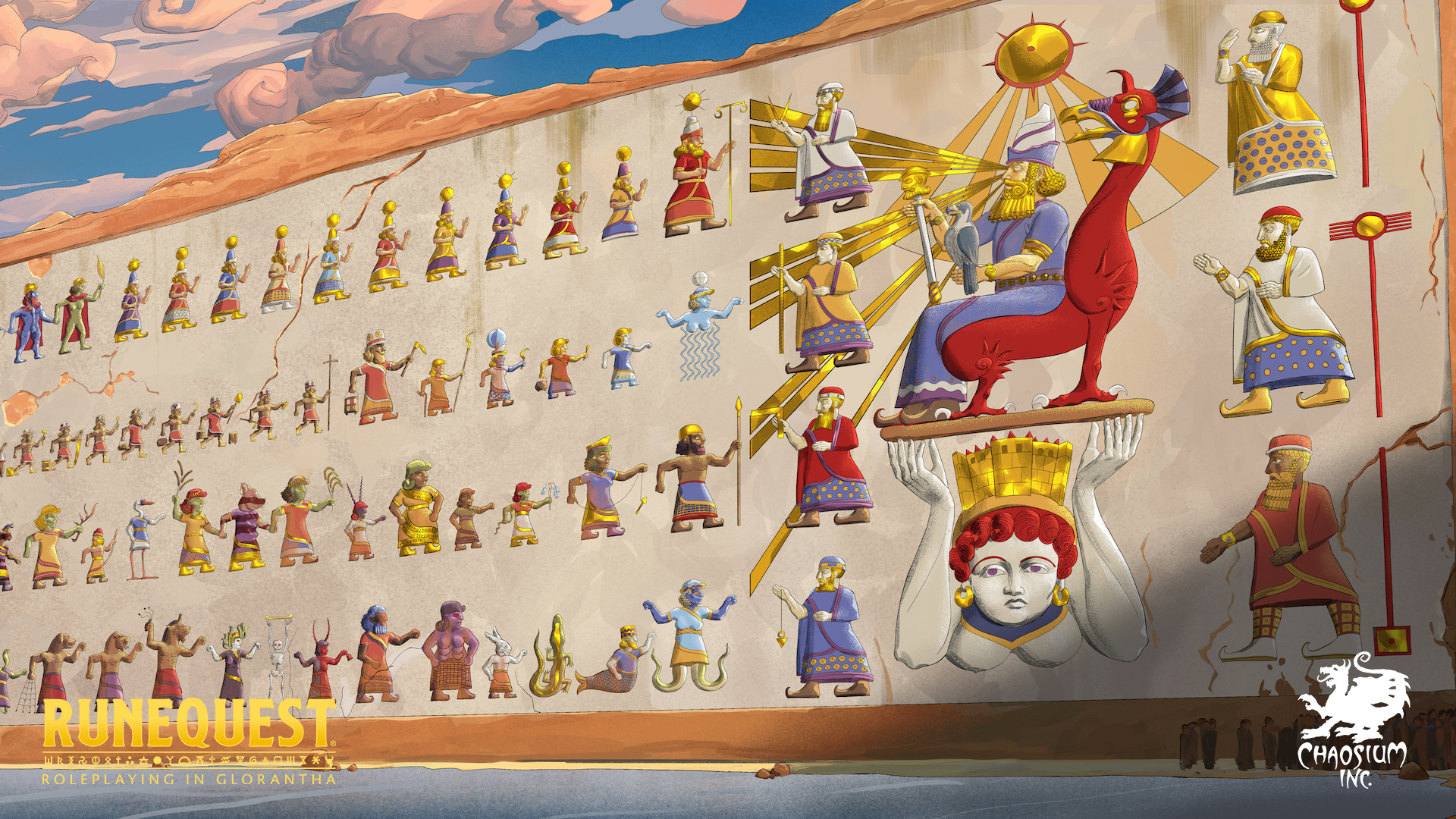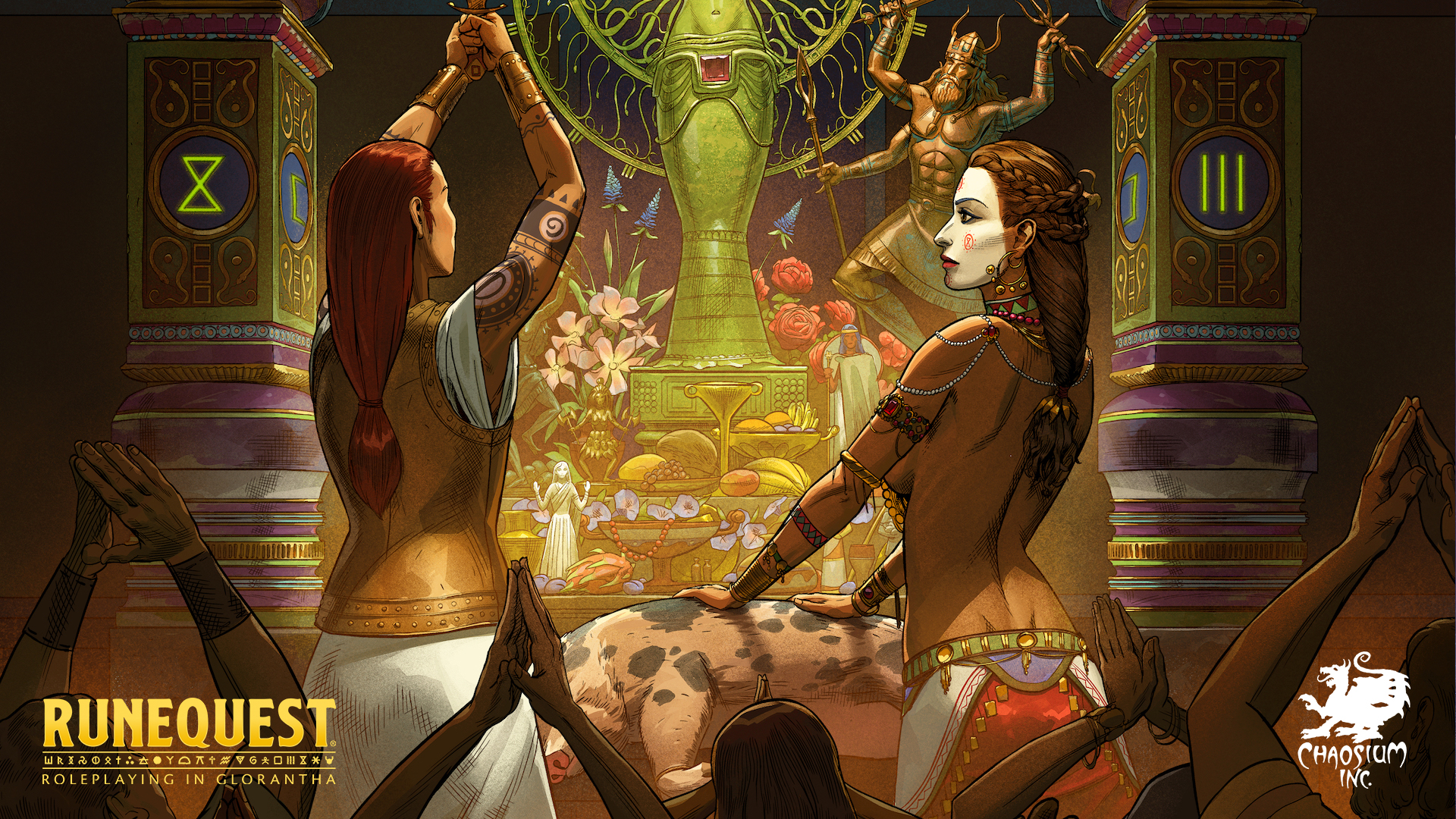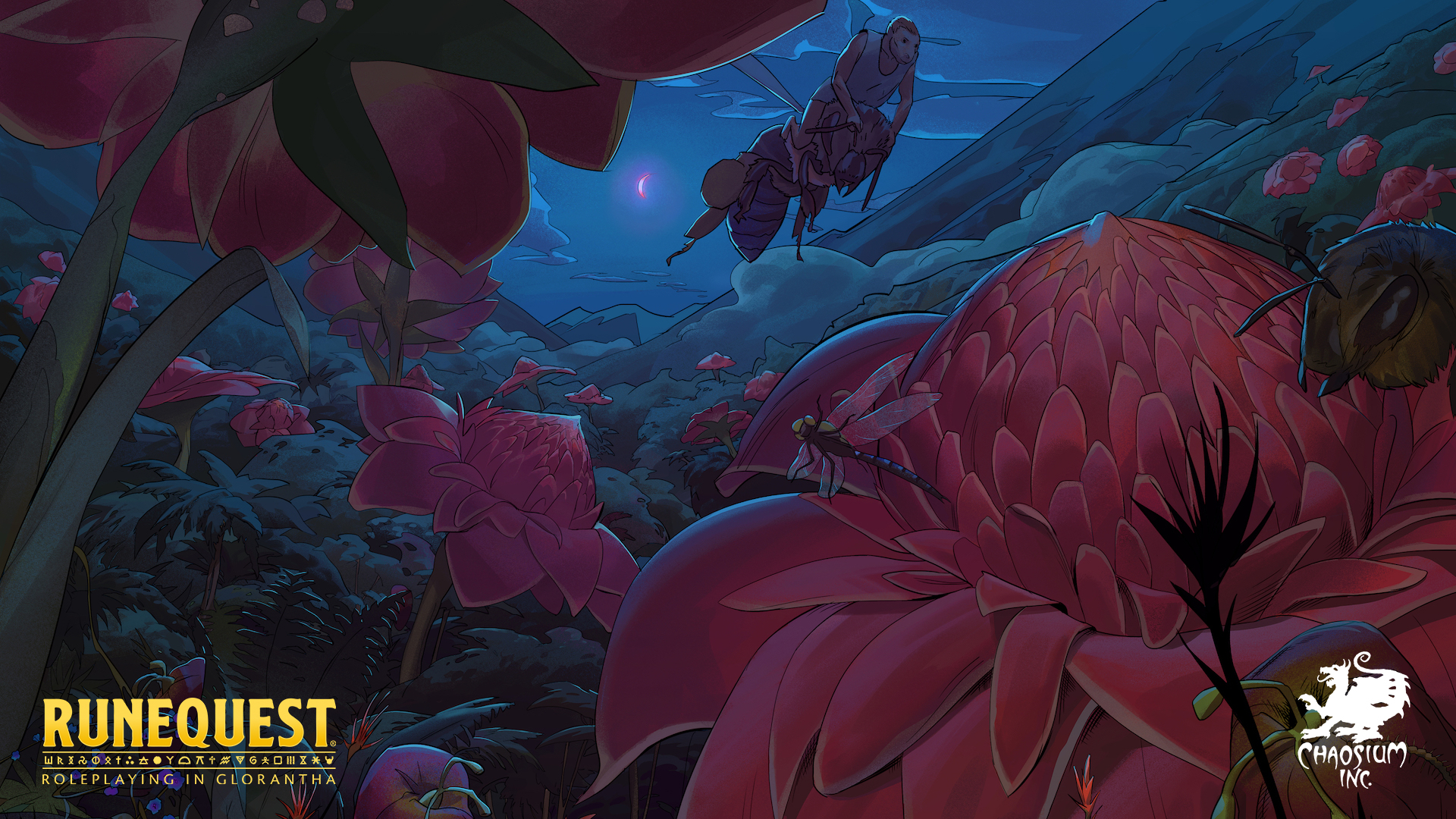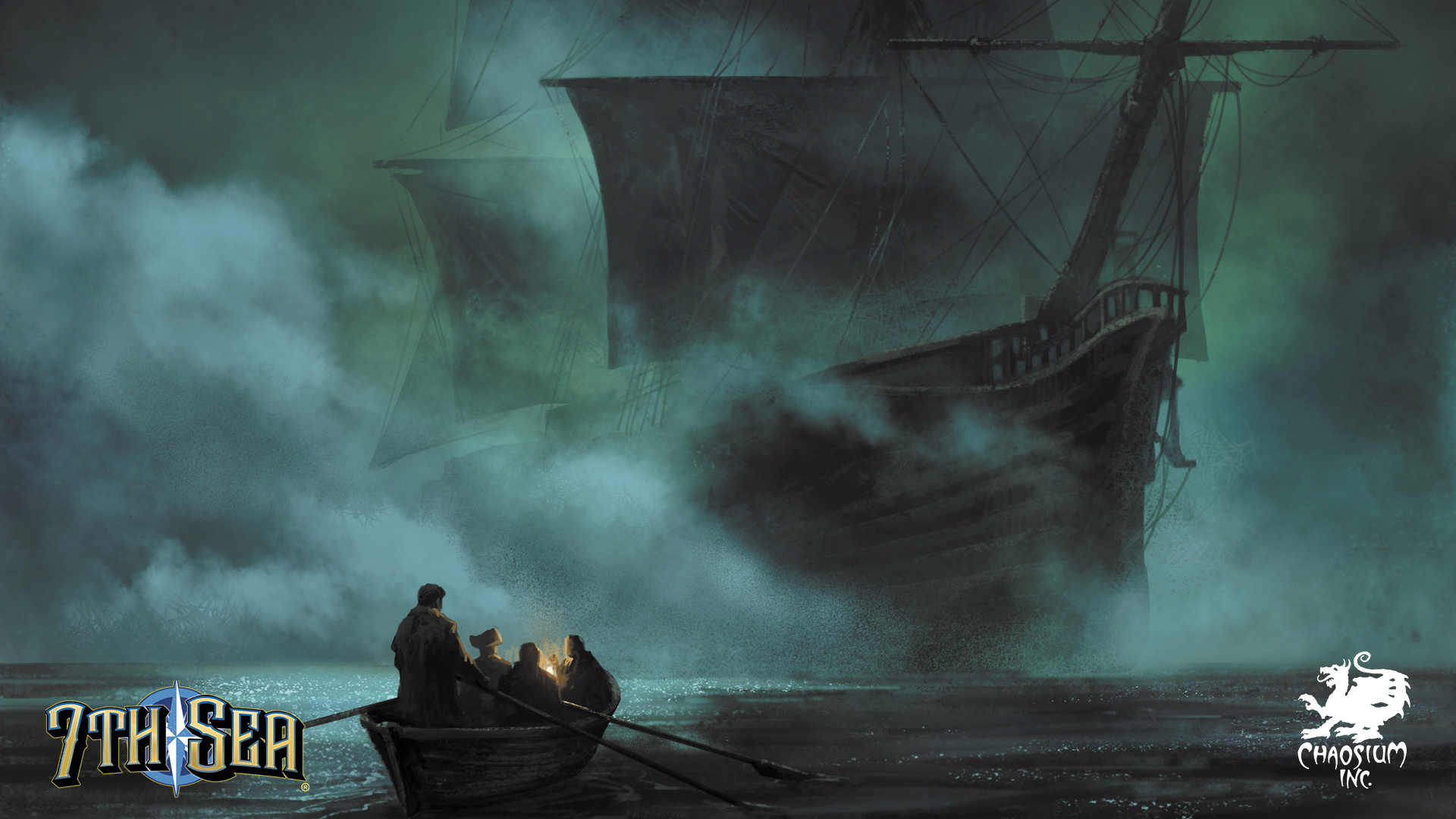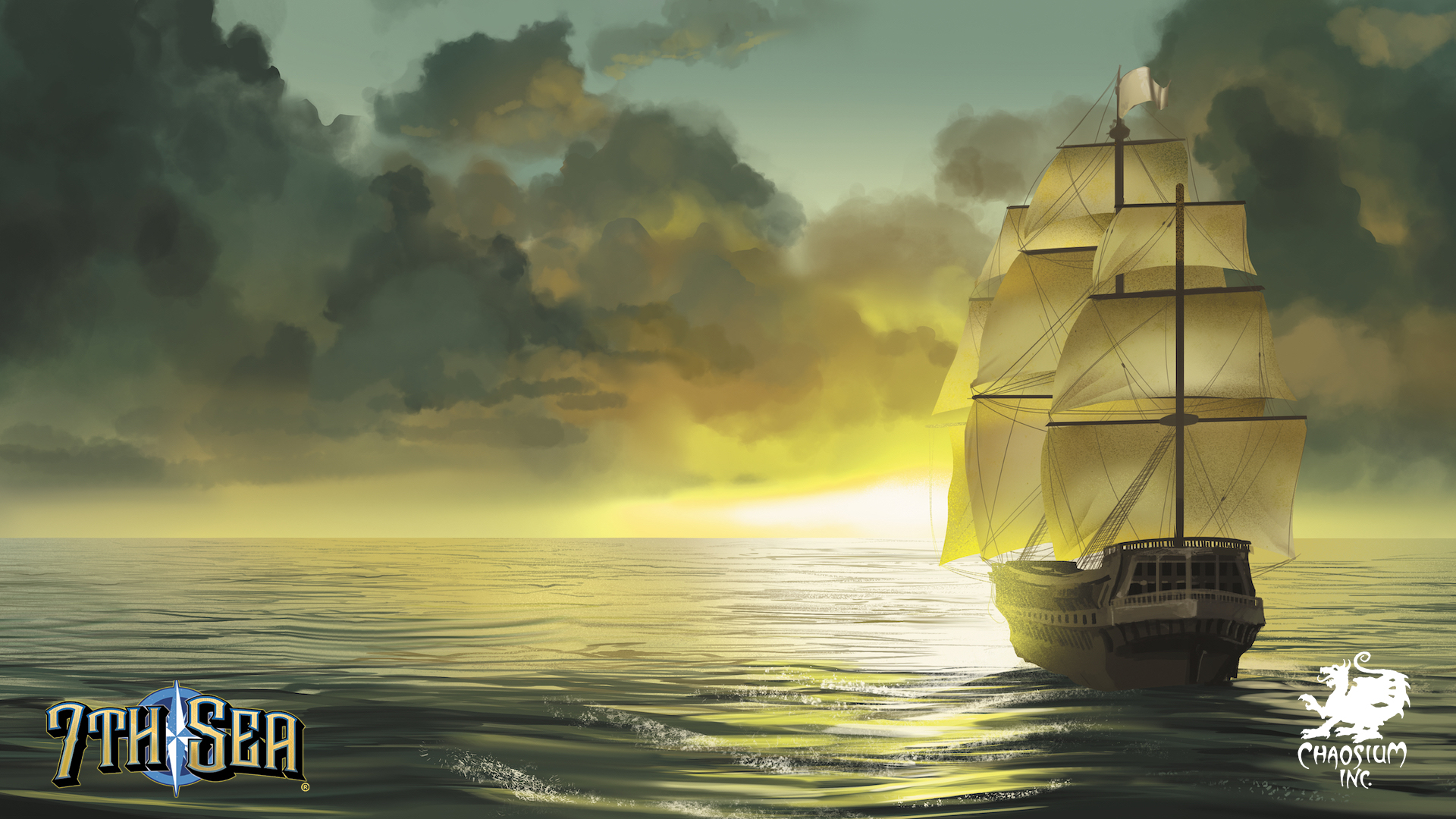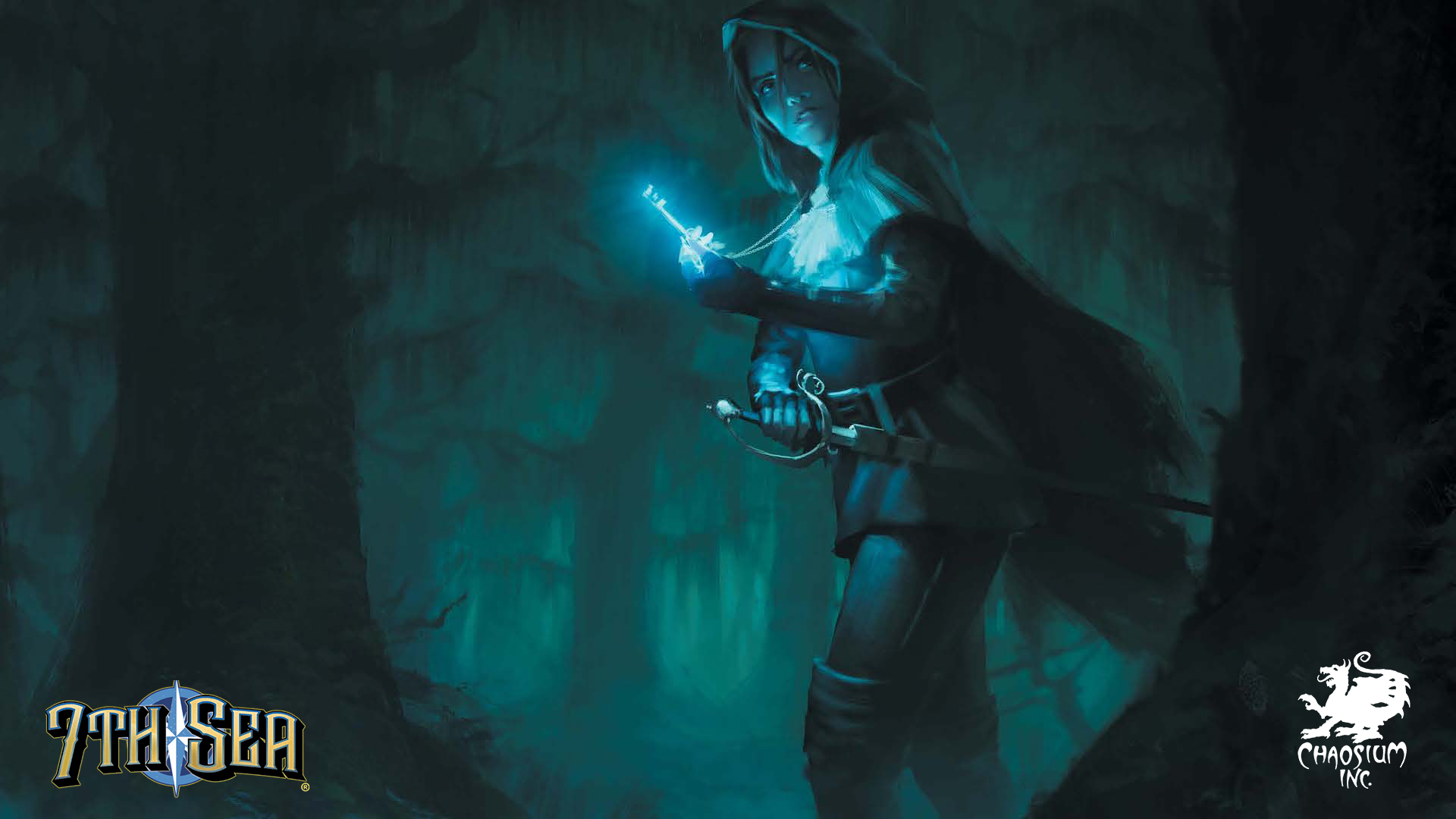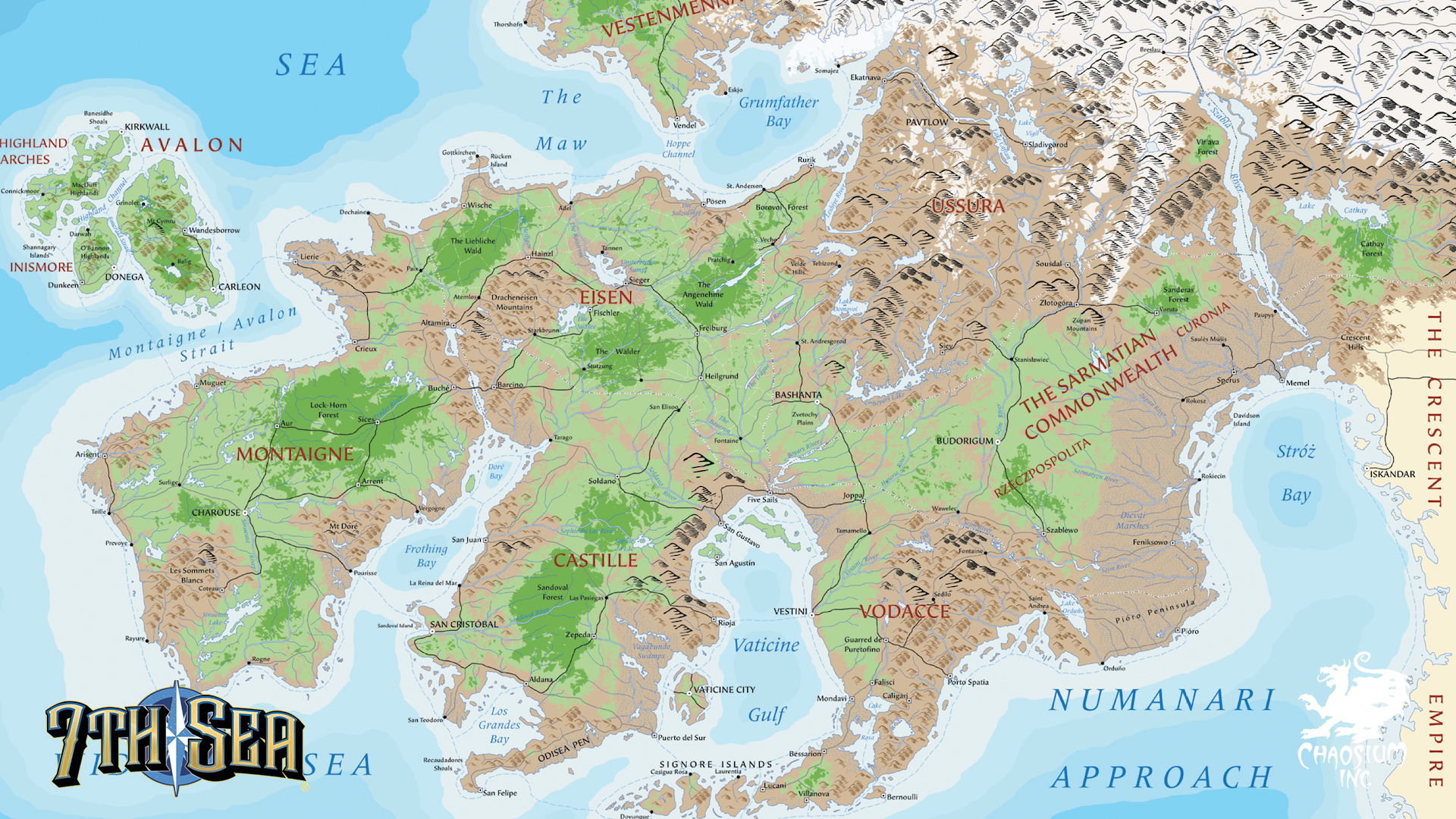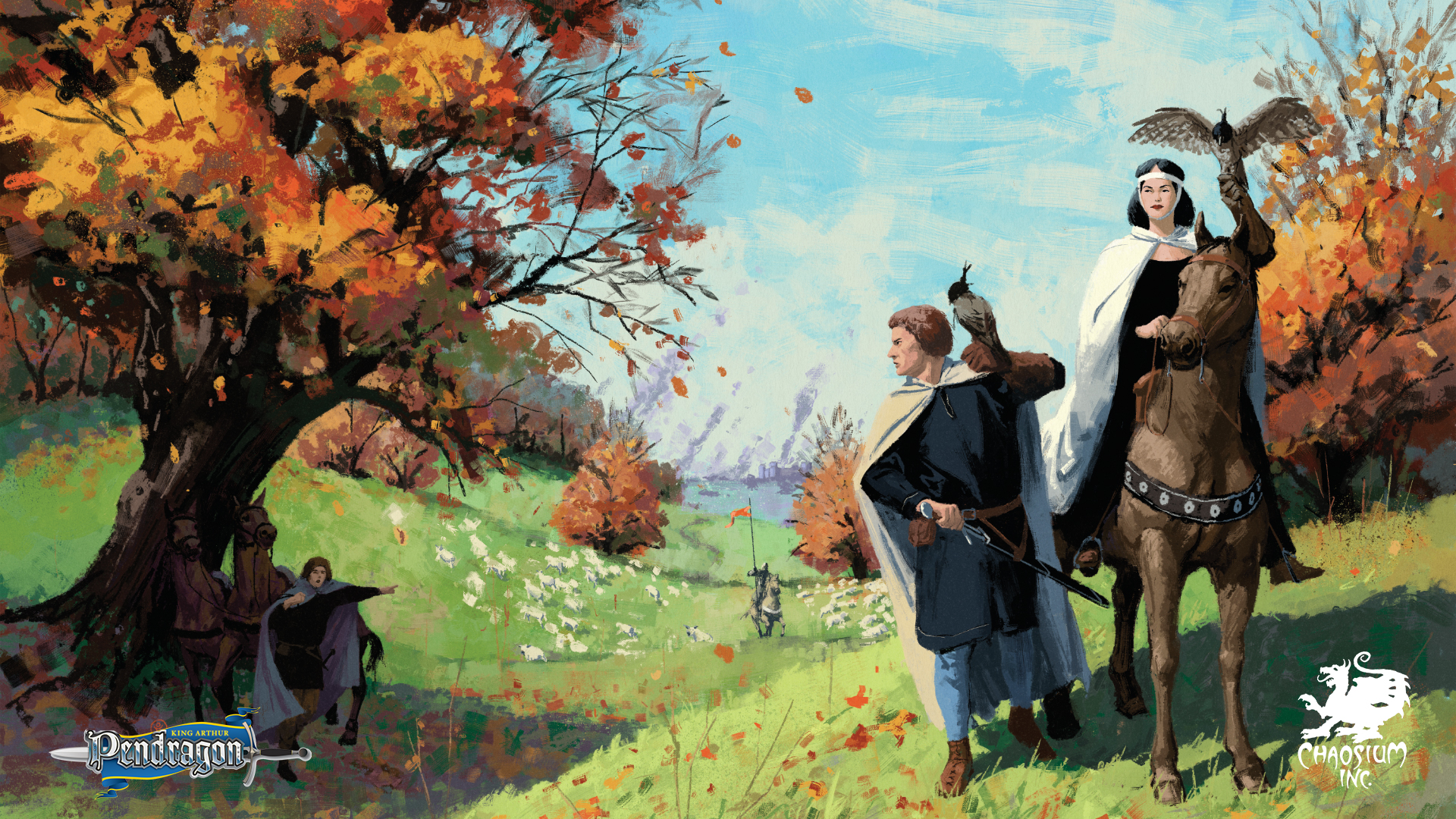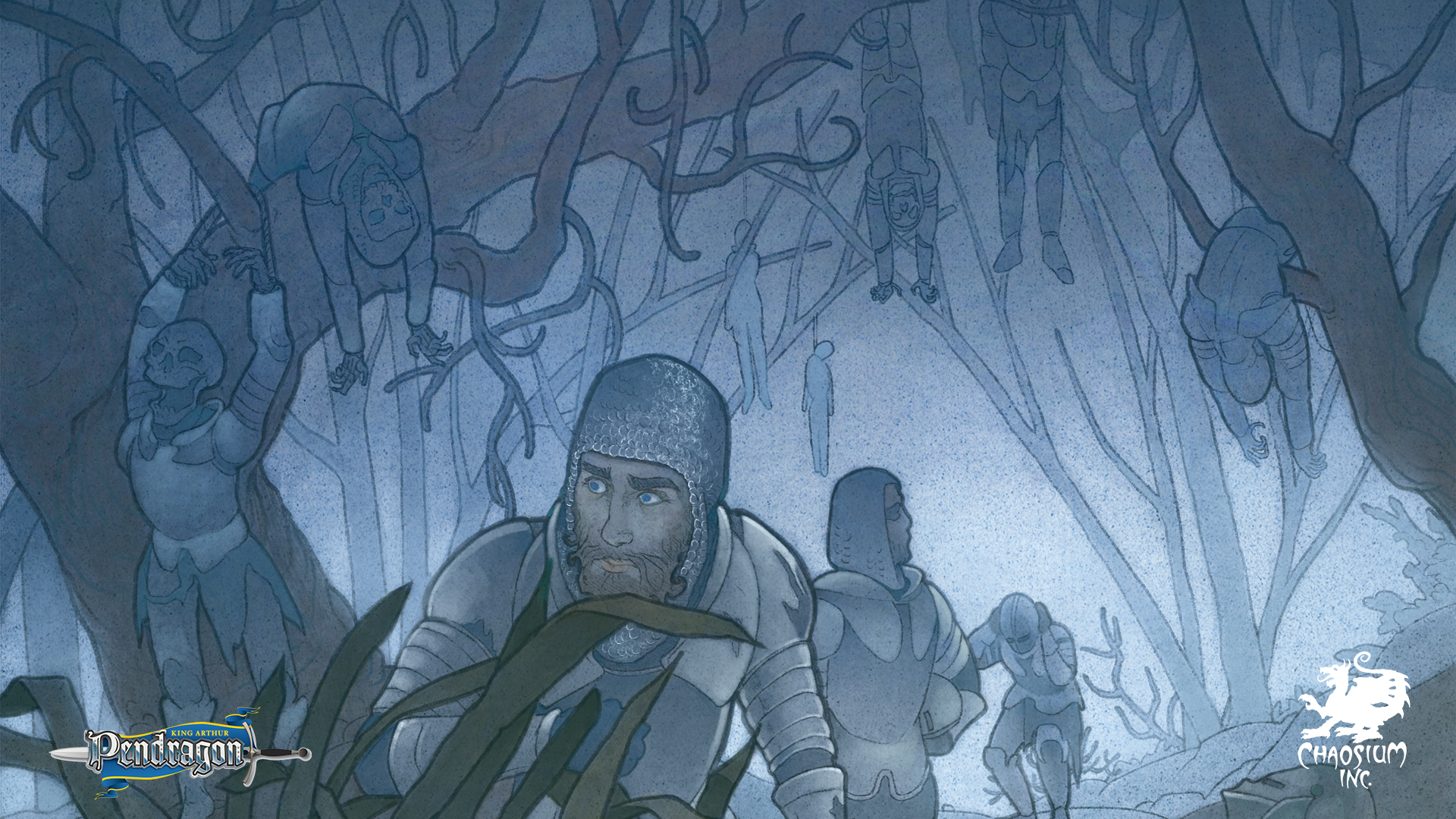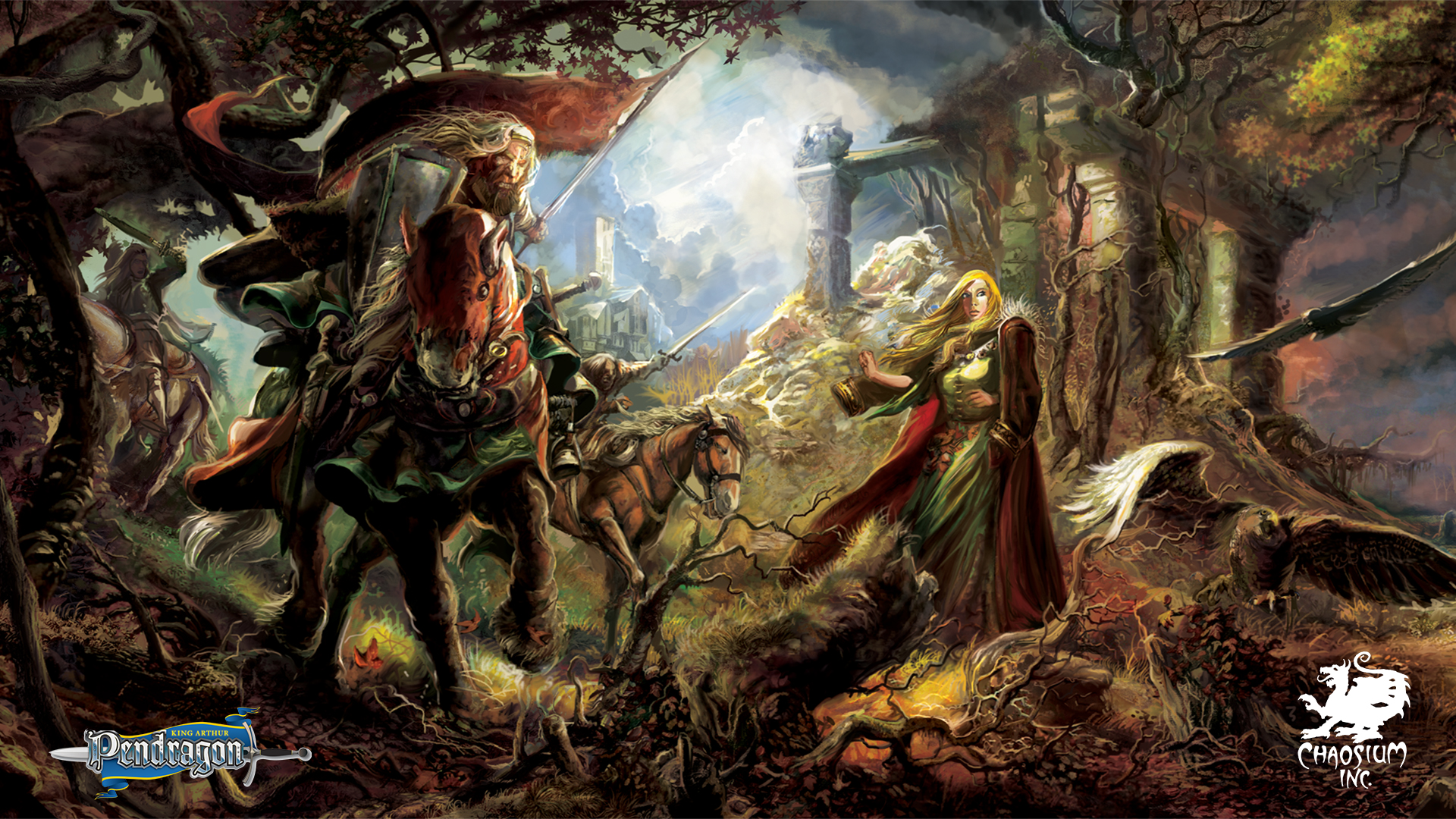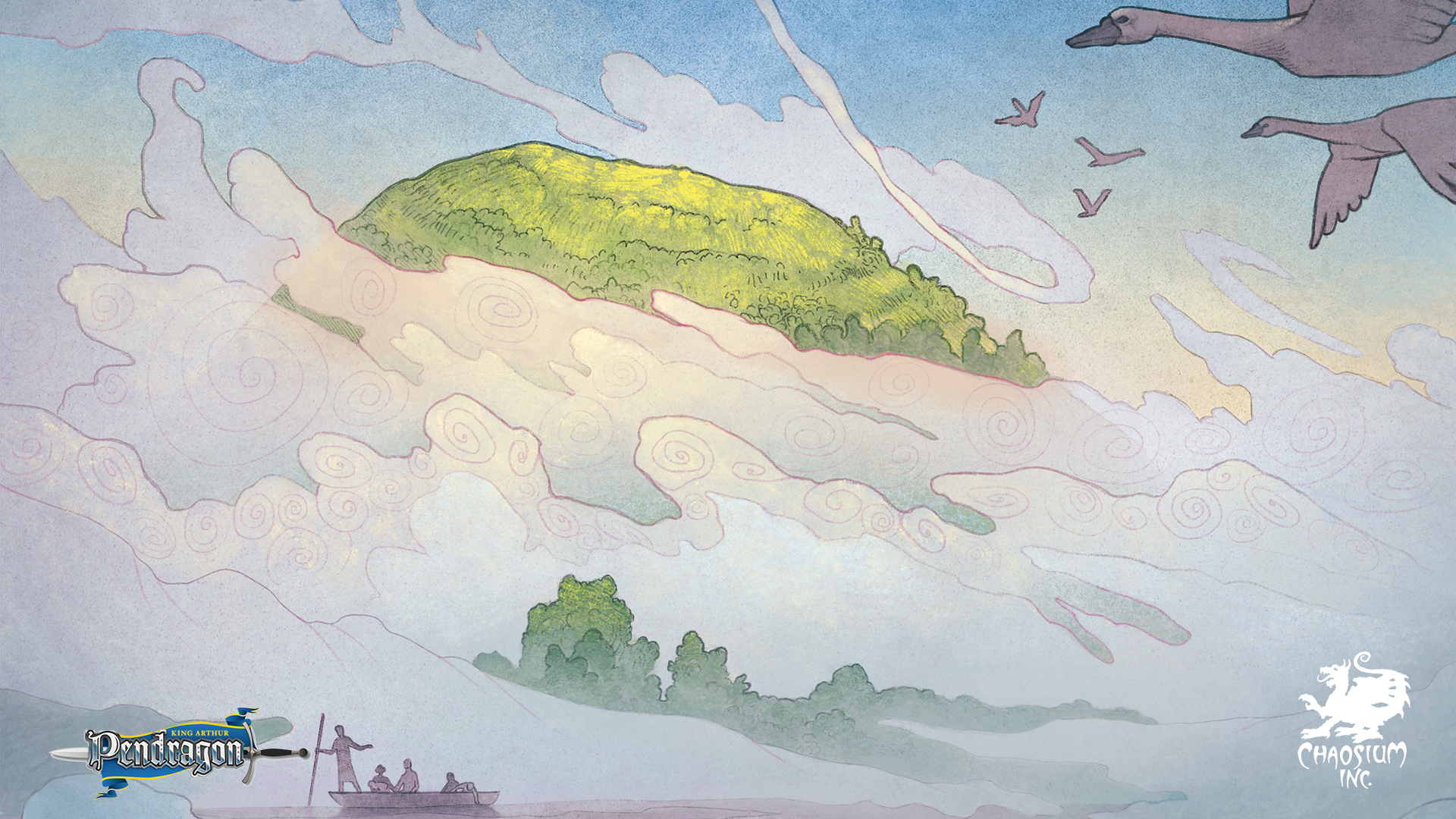Online Gaming - Getting Started
Now more than ever, it can be difficult for you and your friends to get together in the same place for a session of tabletop roleplaying. Fortunately, there are now plenty of opportunities to play your favorite Chaosium roleplaying games like Call of Cthulhu, RuneQuest, King Arthur Pendragon, and 7th Sea while at home.
Generally called “Online Gaming,” this is where you and your friends connect remotely over the internet. This can be as basic as everyone being on the same video conference call platform as you use with work (such as Google Hangouts, Slack, Skype, or Zoom) or can use a dedicated tabletop simulator (such as Roll20 or Fantasy Grounds). All of these platforms allow you and your friends to enjoy tabletop roleplaying gaming without having to be in the same location (or even same time zone).
To make your first online gaming experience as easy and as fun as your regular tabletop gaming, the team at Chaosium has put together some Top Tips for Online Gaming and has some recommendations as to what published scenarios you should consider trying out online.
Top Tips for Online Gaming
- Based on suggestions provided by Gaz ‘evilgaz’ Bowerbank of whatwouldthesmartpartydo.com and the whole Chaosium team.
Many different platforms exist for online video or audio gaming, letting you play your favorite Chaosium games like Call of Cthulhu, RuneQuest, King Arthur Pendragon, and 7th Sea while at home.
The following advice is to help you navigate that field and help you get your online game going and running smoothly.
Basic Options
The following options exist that, while not specific to gaming, are easy to use and are familiar to many. They can all be used for online gaming at its most basic level, where audio or full video.
-
Google Hangouts is one of the most stable (free) video conferencing solutions available.
-
Skype can also be used and is also free.
-
Slack at the free level only allows one-on-one video conferencing but has dice apps that let you roll in chat threads and channels.
-
Other options exist, like Discord, or even paid conferencing apps like Zoom. These each have their advantages and disadvantages.
Tabletop Simulators
There are dedicated virtual tabletop simulators worth considering, each with a wealth of already-existing Chaosium-based content (character sheet templates, apps, tokens, etc.) and large user bases. Of them, the following are the best known:
Roll20 (free with a paid level with more functionality) and is good for highly visual gameplay (multiple tabs with prepared materials). It has different layers and other functionality, which can be ignored if desired (i.e., turning off grids and using it like a whiteboard to draw sketch maps or notes). The dice roller, card dealer, tokens, and other apps may be challenging to use at first but are worthwhile. It has Android and iPad versions, and Call of Cthulhu is fully integrated as well.
Shop at the Roll20 marketplace for Chaosium games here.
Fantasy Grounds (available as a monthly subscription or as a one-time lifetime purchase) shares many features with Roll20, but different game systems have entirely different user interfaces. There are readily available reference libraries of rules and content for existing game lines, including Call of Cthulhu. It is available on Steam and directly through the Fantasy Grounds website.
Shop at the Fantasy Grounds Marketplace for Chaosium games here.
Virtual Backdrops
Once only available to film and television, many computers are able present virtual backgrounds as though a person had a greenscreen (and a greenscreen is always better.) They can easily be used to spice up what your fellow gamers see. Check out your software to see if you can use one.
Click here or on the image to the left use the Chaosium Library as a backdrop, or scroll to the bottom for game-specific backgrounds from Chaosium.
General Guidelines
General suggestions for gamemastering and playing online with audio or video are often just slightly modified versions of the tips and tricks of face-to-face roleplaying:
Have Fun!
Ultimately, the goal is to have fun. Be conscious and considerate, using the technology to your advantage.
Be Cautious About Group Size
It is highly recommended that, like at the tabletop, the ideal is one gamemaster and three or four players. More than that becomes a technical challenge and can feel crowded. Best to start small and grow, rather than be overwhelmed with a large group all at once.
Scheduling
Online schedulers like Doodle are great for coordinating players. There may not be an ideal time for everyone, so you’ll have to just pick the time that works best and go with it. Keep time zone differences in mind.
Try a Session Zero
For a mini campaign it's worth a Session Zero (a preparatory session where you figure out character generation, establish character relations, determine player expectations, etc.) to get everyone on the same page and to test out the technology. Don’t be afraid to make changes after Session Zero, but try to keep some continuity so people aren’t lost. It may even be good to try things out on a one-to-one basis before opening it up to everyone.
Go for Shorter Sessions
Two hours, with 30 mins grace is a good length for online gaming. If you have longer sessions, have plenty of comfort breaks (restroom, refilling drinks, out of character chatter, etc.). It is also important that if you schedule a 2- or 3-hour session you stick to that. Just as in the real world, sometimes other family members or significant others not involved in the game may be impacted if the game runs long.
Respect the Learning Curve
Not everyone has experience with online gaming and the technology and practices. Most of these platforms can be complex and overwhelming to first-timers so give everyone a bit of leeway when it comes to getting up to speed.
Take Your Turn
Try not to talk over each other and give each other space to finish when they’re speaking. This needs extra care online when dealing with lag, where body language is not always evident.
You can use chat sidebars to have in-character conversations to keep the chatter down while others are speaking. Similarly, the gamemaster can use these to provide info to individuals or the whole group at once.
Trust Each Other
If the platform you’re using doesn’t have a dice rolling app (many do) for visibility, you can always just trust your players not to cheat and let them roll physical dice, reporting the results.
Watch Your Back
If you live with others, let them know you’re gaming online and try to keep background noise and activity to a minimum. Music is best avoided unless it’s from the gamemaster. If in doubt, mute yourself when you're not speaking. If you’re typing a lot, mute your microphone so the keyboard clatter doesn’t go out.
Keep Players Informed If You Need to Step Away
If you need to step away from the camera or microphone for a while, let everyone know and mute your microphone while you’re gone.
Spread the Spotlight Around
As the gamemaster, it’s always good practice to make sure periodically that everyone is having a good time and engaged, but it’s also good for other players to help with this. If one of the players has been silent for a long time, looks bored, etc., try to engage them if possible.
Season to Taste, Adjust as Needed
As a gamemaster, you may feel the need to be a bit looser with rules and mechanics to best suit the platform. This might mean streamlining combat, going for quicker-resolved fights (one foe vs. many instead of group vs. group) and focusing on content that allows for more roleplaying than combat.
Stay Focused
While it can be hugely useful to be able to multitask while roleplaying, doing so might provide distracting to the other players if it’s abused. It’s generally a good idea to mute your phone, mute notifications, minimize other windows, and try not to get lost in other activities while at your computer during your roleplaying time.
Avoid Audio Feedback
Use headphones if possible (even phone earbuds) to avoid audio feedback for others.
Listen to Player Feedback
After each game, ask the players what worked, what didn’t. As a gamemaster, cultivate a thick skin about criticism, especially as it’s often very difficult to judge how someone’s experience of a game was without the face-to-face visual clues. Also, though, as players, keep in mind that running a game online can be a challenging experience, and don’t complain needlessly.
Acknowledge Technical Issues
Sometimes you have a bad tech day, due to bandwidth, connection issues, etc. If you need to drop out as a player, do so with a minimum of fuss. Going out angry at tech issues adds to a negative vibe. If the gamemaster needs to drop, immediately plan as to how to get back together later. However, if you arrange something, try to stick to it (it’s too easy to drop out).
Use Your Downtime
Like a Session Zero, if the game’s appropriate for it, use the time between sessions to coordinate player character actions, to handle experience, seasonal events, etc. If you’re playing RuneQuest, use the between-session time to address Sacred Time. For Pendragon, handle your Winter Phase between sessions.
See what it's like
Looking for inspiration and wondering what it will look like? You can follow and watch a series of Chaosium campaigns on our Stream of Chaos. We'll be adding more content, and it really gives you a great taste for roleplaying games.
What to Start With?
Not all RPG material works equally well for online game - especially when you are doing it for the first time. The Chaosium Staff have the following recommendations for each of our product lines. Click on the logos or the links to see the specific recommendations.
Call of Cthulhu is Chaosium Inc.’s roleplaying game of mystery and horror inspired by the fiction of H. P. Lovecraft, the originator of cosmic horror. In this game, ordinary people are confronted with the machinations of the Cthulhu Mythos. Set in the 1920s, the modern-day, or beyond, players portray investigators of the unknown—decent folk taking a stand against the terrors of the night despite the costs to their sanity and their lives. Only they can save humanity and the world from unthinkable horror.
RuneQuest is Chaosium Inc.’s fantasy roleplaying game set in Greg Stafford’s Glorantha. In RuneQuest, players create adventurers who explore an ancient world rich in magic. Everyone uses spells and anyone can be a warrior, equiped with bright bronze and stout armor. The gods provide fantastic powers to their mortal worshipers and can intercede on their behalf. Each RuneQuest adventurer is unique, defined by Runes and passions chosen by the player and belonging to a definite culture and cult.
7th Sea is Chaosium Inc’s swashbuckling adventure RPG set in a fantastic and magical version of Europe called “Théah.” Players take the roles of musketeers, pirates, nobles and spies during a turbulent age of international espionage, exploration and danger. The game system allows players to take multiple actions at a time with certain success, emulating the fast-paced and dynamic adventures you find in your favorite action movie. Full of dashing, daring Heroes and cruel, cunning Villains, along with sorcery and magic, 7th Sea is unlike any roleplaying game you’ve played before.
King Arthur Pendragon is Chaosium Inc.’s game of heroic fantasy set in a legendary Britain populated with daring knights, fair damosels, scheming lords, and terrifying creatures of myth. Players take on the role of knights and ladies whose ruling passions fuel them in their quest for glory. Chivalry, romance, and adventure take center stage, but players also have the option of experiencing the entire sweep of the Pendragon saga, establishing multi-generational dynasties over the course of an epic campaign as they cross paths with the likes of Merlin, Morgan le Fay, and Sir Lancelot!
PDFs Included: Do remember that when you purchase a PDF from Chaosium.com, you get the full price of the PDF off the cost of the physical product, if you decide to purchase that later. Simply drop customer support a note when you are ready to upgrade to the printed product.
Click on the above images to download a backdrop you can use as a virtual background when playing online with others.



